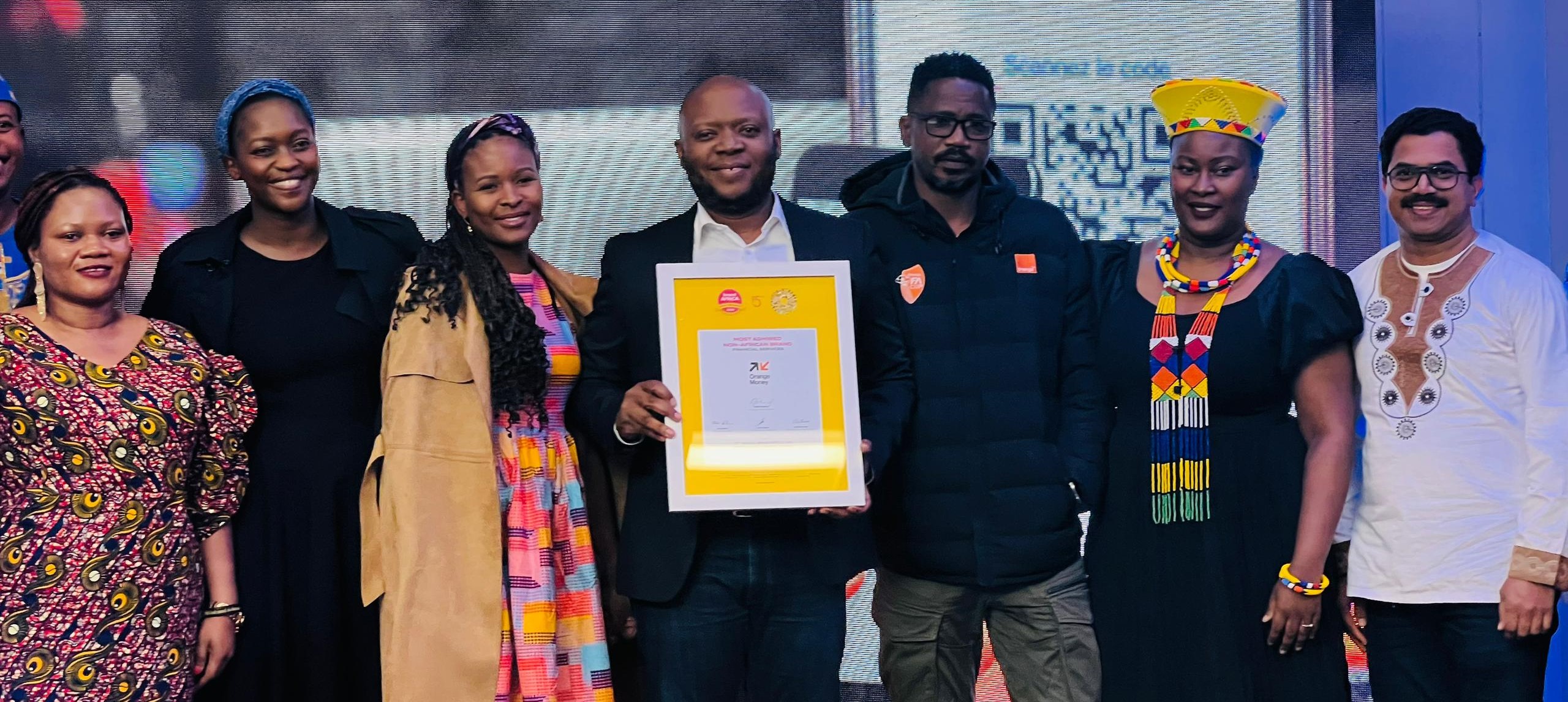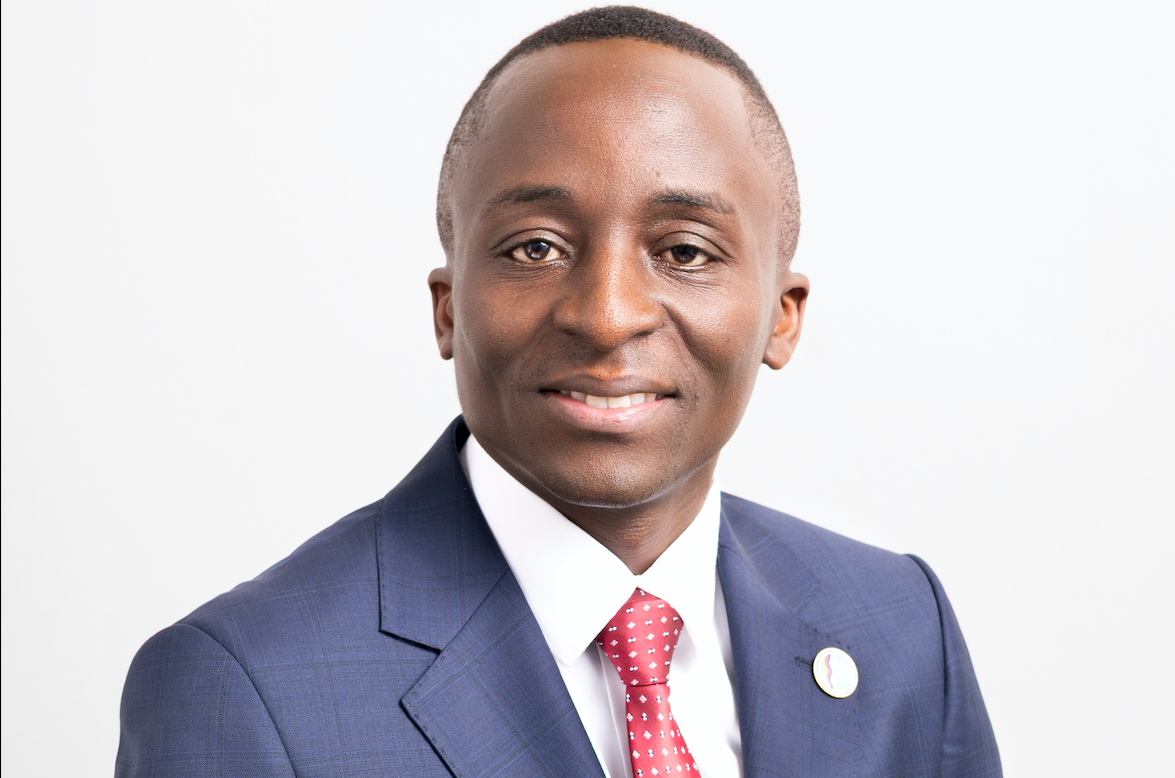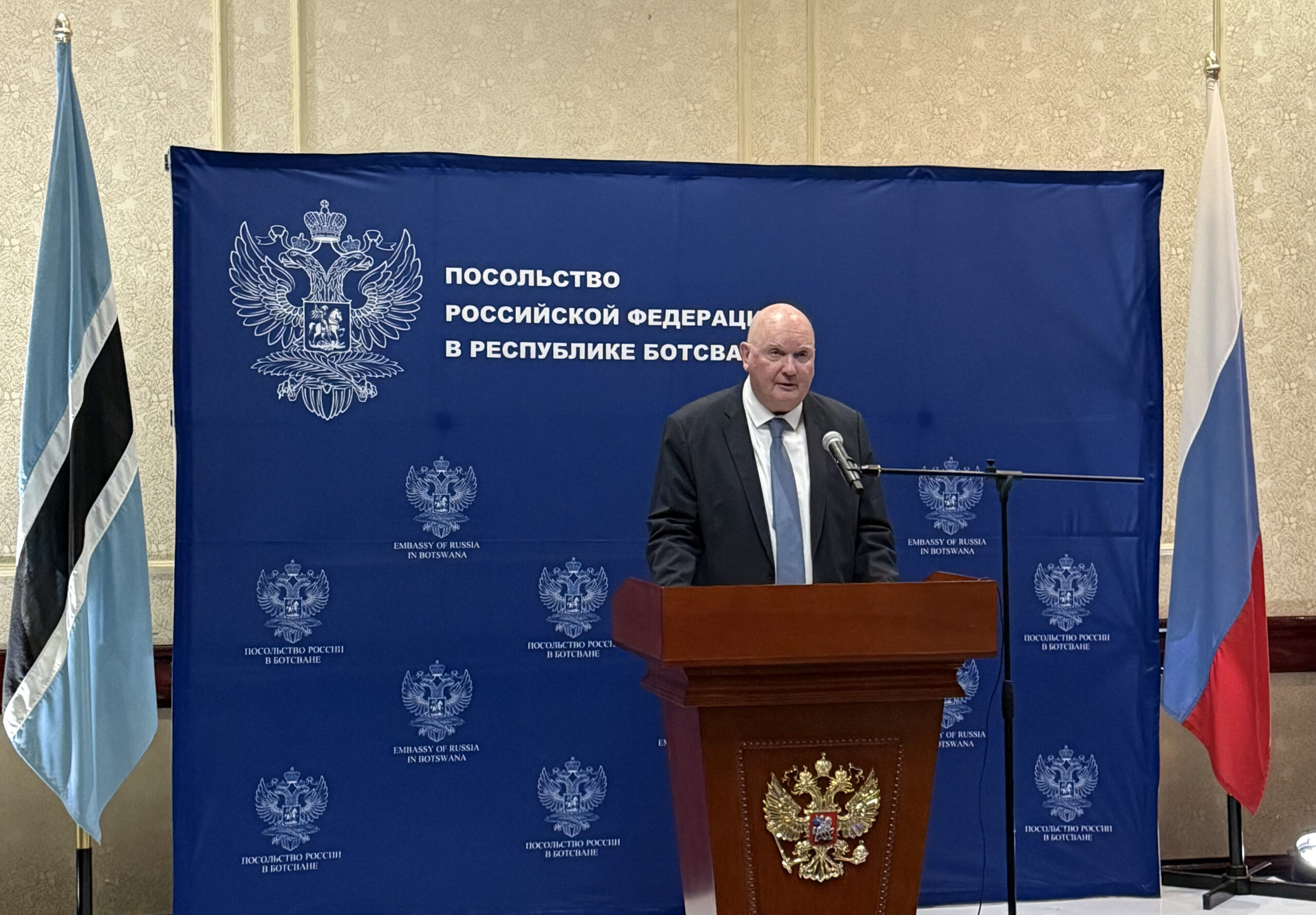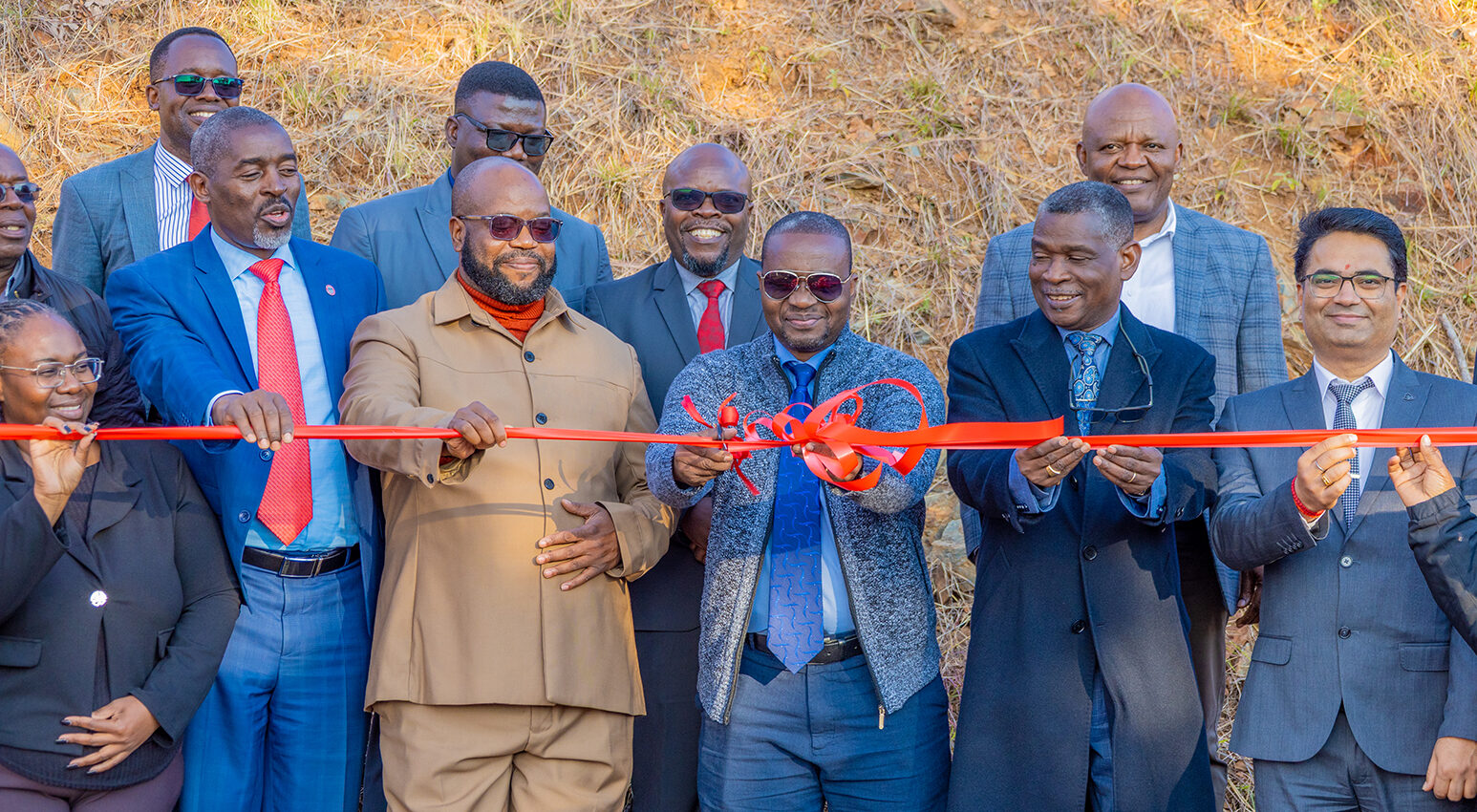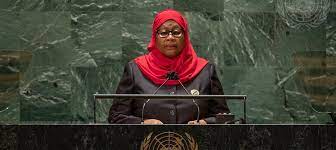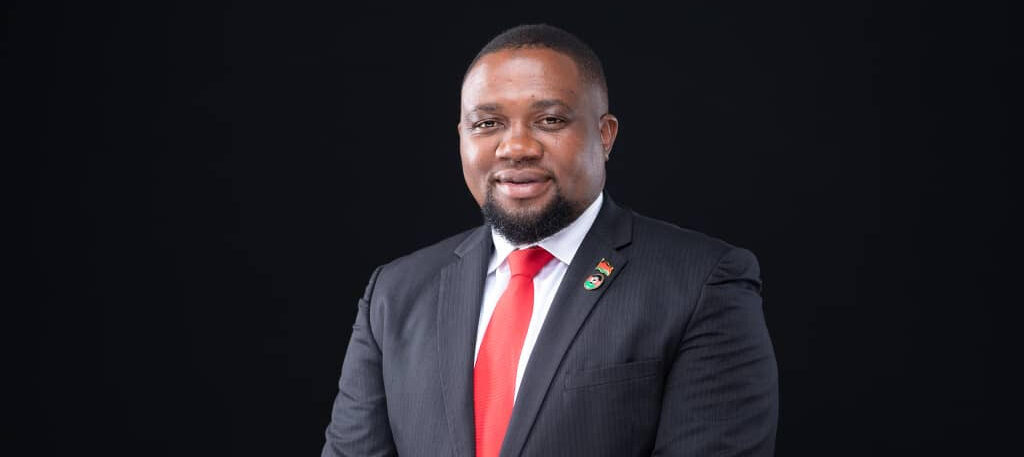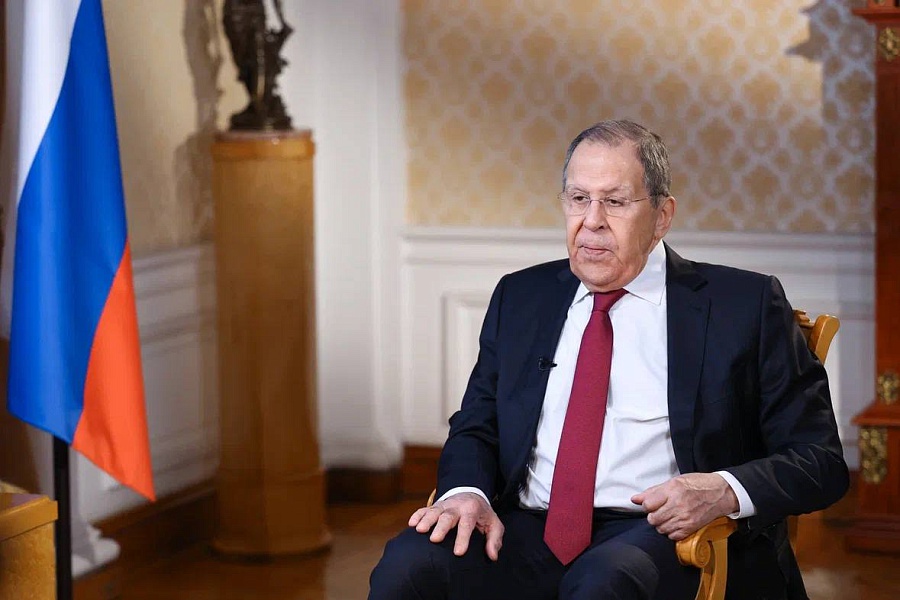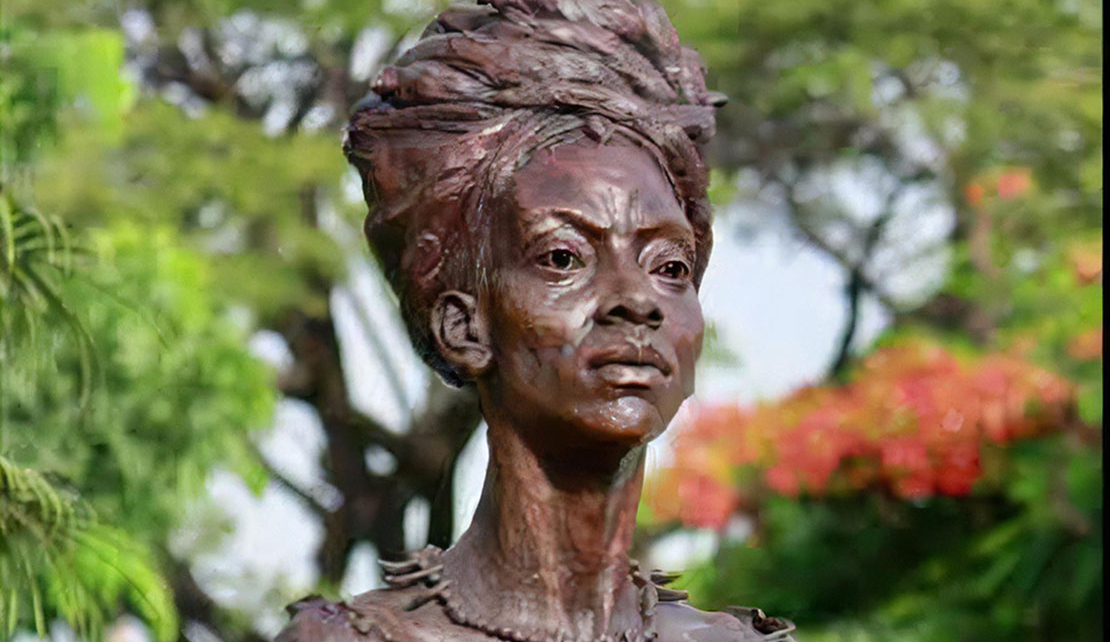
Queen-Nanny of the Maroons: A Jamaican hero
– Her unparalleled enthusiasm, resilience and courage
By Ambassador Phatse Justice Piitso
27 February 2025

Throughout history, generations of humanity have declared the universe our creation, the living horizon of our existence.
We dwell within its vastness – its divinity, geography, and history – stretching beyond the unimaginable depths of its edges.
We envision its magnificent oasis, fostering the bonds of its diversity and the promise of a future filled with hope.
We marvel at the splendour of its spectacular landscapes, its magical skies and stars, the seas, oceans, and rivers, the valleys and mountains – the Massachusetts of the Antilles – its enchanting rainforests and majestic deserts.
We are its humanity, the crown of its creation. What sets us apart from the rest of creation is the abundant wealth of consciousness bestowed upon us – the ability to discern what is right and what is wrong.
The fundamental question we must ask is whether our humanity, the living creation of the universe, is prepared for the unknown future.
Our task is to transform the universe into a peaceful home for all creation. Yet, the savage kingdom of capitalism is turning the wheels of history against modernity.
The genocidal crimes once committed against enslaved people for centuries are today being perpetrated against the innocent people of Palestine.
Our geography and history have not forgotten the atrocities of the transatlantic slave trade, just as they shall not forget the genocide inflicted upon the people of Palestine.
We must give birth to hope, harmony, and fraternity among the peace-loving people of the world.
The renowned Chilean poet, politician, diplomat, and Nobel Prize laureate for literature, Pablo Neruda, in his poem A Song to Bolívar, dreams of the return of Simón Bolívar—his living creation—rekindling the ideals that define our present struggles for freedom and dignity.
He writes:
I met Bolívar one long morning
In Madrid, at the front of the Fifth Regiment.
“Father,” I said, “are you or are you not, or who are you?” And looking toward the Headquarters of the mountain, he said: “I wake up every hundred years when the people awake.”
This poem envisions Bolívar’s ideals as a guiding light, illuminating the pathways of our struggles, shaping the momentum of our quest for a just and peaceful future.
Today, I dream of Queen Nanny, the warrior enslaved woman of the Antilles, the mother of Jamaica’s struggle for freedom. I dream of her unparalleled enthusiasm, immense courage, and acts of resilience and ingenuity.
I dream of her return to her living creation, rekindling the aspirations of our present world – the achievement of peace and prosperity among nations.
I dream of her vision for a peaceful Jamaica, a peaceful hemisphere, a peaceful Africa, and a peaceful world.
She stands in the annals of history as the noblest example of greatness, a living embodiment of heroism, a legendary figure who belongs to humanity.
Our profound thoughts continue to cherish her legacy, for, like Bolívar, she awakens every hundred years when the people rise.
Upon their arrival on the shores of the Antilles, European colonial expeditions encountered indigenous peoples who had inhabited the hemisphere for centuries.
Yet, driven by their geopolitical ambitions and the pursuit of economic dominance, the colonisers seized their lands and forced them into slavery.
For centuries, European intellectuals have sought to distort history, crafting a false narrative to downplay the impact of the genocidal crimes committed against native peoples in former colonies and semi-colonies.
European colonialism exterminated millions of indigenous peoples across the world, expanding its hegemony under the guise of economic growth.
The demand for labour to sustain industrial capitalism, driven by the European and American markets’ growing appetite for sugar, cotton, coffee, and rice, led to the mass enslavement of Africans.
The first contingent of enslaved Africans arrived in Jamaica from the Canary Islands in 1494. As demand surged, the numbers escalated, fuelling one of the most horrific chapters in human history.
Historians trace Queen Nanny’s origins to the African continent. She is believed to be a descendant of the Akan people from the Ashanti Kingdom, in present-day Ghana.
There are differing accounts of her enslavement: some suggest that her father, an Ashanti prince, was betrayed and sold into slavery, while others claim that she was forcibly taken by slave merchants.
Enslaved people endured unimaginable atrocities at the hands of their oppressors. They were stripped of all rights, reduced to property, and subjected to inhumane treatment.
Marriage was forbidden, and those who bore children often saw them sold into the brutal system of slavery. Many women resorted to abortion rather than subject their children to this relentless cycle of suffering.
Jamaica’s strategic location in the Caribbean made it a battleground for European colonial powers.
Tensions between the British and Spanish escalated into full-blown war, culminating in the British conquest of Jamaica in 1655.
During this period, many enslaved people escaped captivity, seeking refuge in the Blue Mountains, where they formed Maroon communities.
Queen Nanny emerged as a formidable leader, uniting the Maroons into a cohesive force.
She established a self-sufficient community, mastering guerrilla warfare and outmanoeuvring British forces through superior tactics.
Legends of her spiritual and supernatural abilities— catching bullets with her hands and throwing them back at her enemies—spread fear among the colonial soldiers.
Her troops were trained in discipline, stealth, and survival. British soldiers who mistook camouflaged warriors for trees met their demise at close range.
Queen Nanny’s mastery of herbal medicine allowed her to concoct substances that incapacitated enemy forces, rendering them defenseless.
The prolonged conflict devastated Jamaica’s economy, forcing the British to negotiate peace.
The resulting treaty granted the Maroons autonomy, making them the first enslaved community to successfully resist colonial rule and win their freedom.
However, the British later violated this agreement, undermining the hard-fought peace.
Karl Marx famously described slavery as a system where capital dripped from every pore, soaked in blood and suffering.
European capitalism was built on these horrendous crimes, with enslaved Africans chained like livestock, enduring unspeakable cruelty.
Bob Marley, the descendant of enslaved Jamaicans and king of the Rastafarian movement, immortalised their struggles in his song, Buffalo Soldier:
There was a Buffalo Soldier
In the heart of America,
Stolen from Africa,
brought to America,
Fighting on arrival,
fighting for survival.
If you know your history,
Then you would know where you coming from,
Then you wouldn’t have to ask me,
Who the heck, do you I think I am.
I am just a Buffalo Soldier,
In the heart of America,
Stolen from Africa,
brought to America,
Said he was fighting on arrival,
Fighting for survival,
Said he was a Buffalo Soldier,
Winning the war for America.
The enslaved generation fought for the freedom of the New World, carrying the hope of the universe on their shoulders.
The legacy of Queen Nanny and her people is forever etched in the annals of history.
They remain an enduring symbol of resistance, a tapestry of courage and sacrifice woven into the struggle for human dignity.
Their inspiration echoes through time, like Buffalo Soldiers in the heart of America – fighting on arrival, fighting for survival.
They are our humanity, the living creation of the universe – the beautiful flowers in the gardens of our America, the blossoming roses of the Massachusetts of the Antilles.
- Ambassador Phatse Justice Piitso is a member of the African National Congress, writing this article in his personal capacity.
